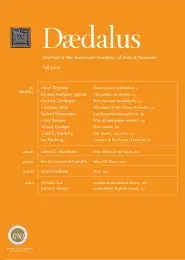Many masks, many selves
In both real life and mythology, people set out to become other people but, through a kind of triple cross1 or double-back, end up as themselves, masquerading as other people who turn out to be masquerading as them. Sometimes entire ethnicities indulge in this self-imitation. The inhabitants of places known for their ethnic charm, where tourism has become a major industry, consciously exaggerate their own stereotypes to please the visitors: the British lay on the ‘ye olde’ with a shovel, the Irish their blarney, the Parisians their disdain for tourists. The politics of colonialism produced another, more serious sort of self-parody, in this case perhaps unconscious: Edward Said wrote of “the paradox of an Arab regarding himself as an ‘Arab’ of the sort put out by Hollywood. The modern Orient, in short, participates in its own Orientalizing.”2 Orientalism, like other forms of political domination, has also inspired what James Scott has taught us to recognize as the arts of resistance, the weapons of the weak,3 which include a kind of apparent self-mockery that actually mocks the mockers. There are so many examples, but in this essay I will consider just those in two broad categories: politics and gender.
Individuals are often driven to self-impersonation through the pressure of public expectations. The sorts of public figures who are nowadays called icons are often famous for nothing but being famous. Politicians, in particular, are great self-imitators. Hillary Rodham Clinton once reported: “Suddenly a woman came up to me. ‘You sure look like Hillary Clinton,’ she said. ‘So I’m told,’ I answered.”4 And when an actor actually becomes a politician the felonies are compounded. Consider the self-imitation of film actors who play the parts of politicians who then become actors.
. . .
